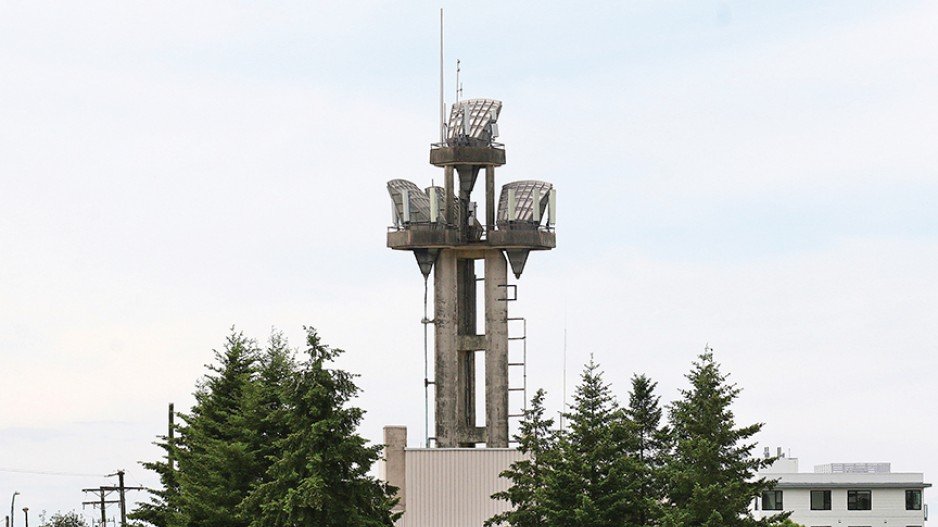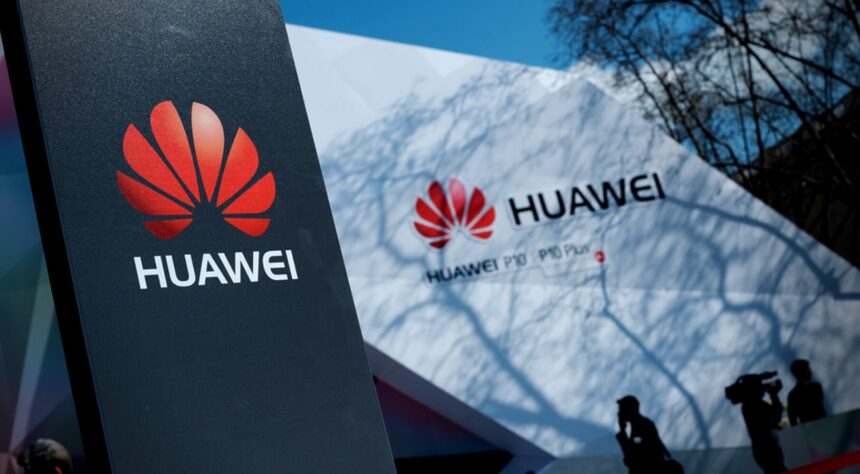To protect national security, Canada announced on Thursday, May 19, that it will prohibit the use of Huawei Technologies Co., Ltd., and ZTE Corp. 5G equipment, joining the rest of the so-called Five Eyes intelligence-sharing network.
Industry Minister Francois-Philippe Champagne told reporters in Ottawa, “We intend to exclude Huawei and ZTE from our 5G networks.” “Under the plans, we’re announcing today, providers who already have this equipment will be required to stop using it and remove it.”
According to Champagne, companies will be required to remove their 5G equipment by June 2024 and will not be reimbursed. By the end of 2027, companies that use 4G equipment must remove it.
The widely anticipated decision had been postponed due to diplomatic tensions with China. The equipment has already been banned by the rest of the Five Eyes network, which includes Canada, the United States, the United Kingdom, Australia, and New Zealand.

Canada first announced in September 2018 that it would look into the potential national security risks of using Huawei equipment.
Then, in December of that year, Huawei’s chief financial officer, Meng Wanzhou, was arrested in Canada on a US warrant, igniting a long-running dispute with China that was finally resolved last September when Meng was released.
Following Meng’s arrest, Beijing detained two Canadians and charged them with espionage. Meng was released on the same day as the two men.
China and Canada’s diplomatic tensions have now eased somewhat. China lifted a three-year ban on Canadian canola seed imports on Wednesday, reversing a move seen as retaliation for Meng’s detention.
The decision comes after Canadian telecom companies chose to use 5G hardware from other companies.
The alleged security concerns, according to a spokesperson for China’s embassy in Canada, are a “pretext for political manipulation,” and Canada is cooperating with the US to suppress Chinese companies.
In an interview with the Canadian Broadcasting Corporation, Alykhan Velshi, Huawei’s vice president of corporate affairs in Canada, said the company is still waiting to hear “what kind of national security threats they think Huawei poses.”
According to Velshi, Huawei still has 1,500 employees in Canada, mostly in research and development, and sells products such as cell phones.
Despite using Huawei 4G equipment, Bell Canada and rival Telus Corp teamed up with Sweden’s Ericsson and Finland’s Nokia Oyj to build fifth-generation (5G) telecom networks in 2020, ditching Huawei for the project.
Along with the ban, Canada’s Public Safety Minister, Marco Mendicino, announced that new legislation would be drafted to protect critical financial, telecommunications, energy, and transportation infrastructure from cyber threats.









